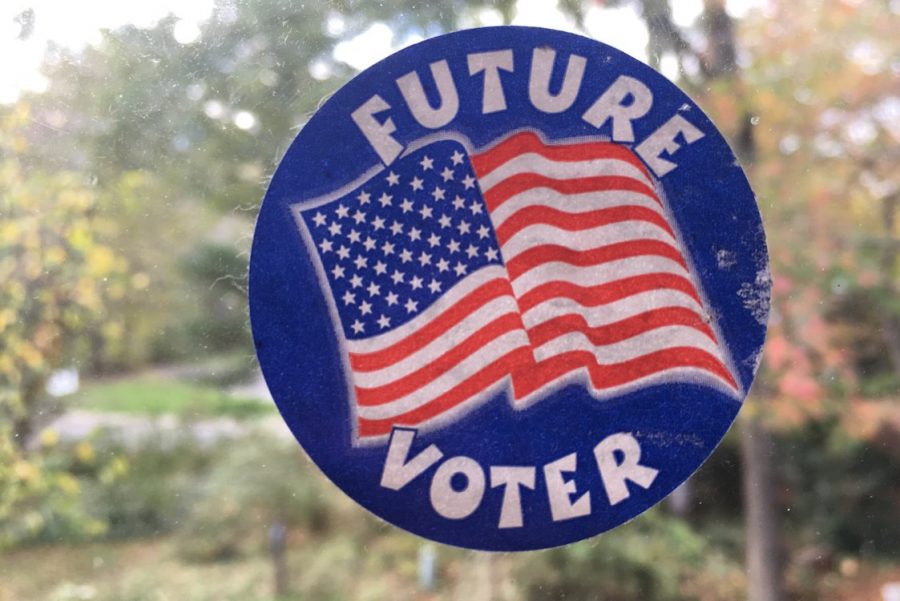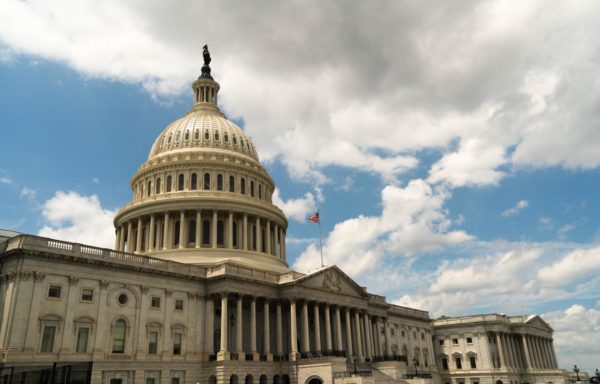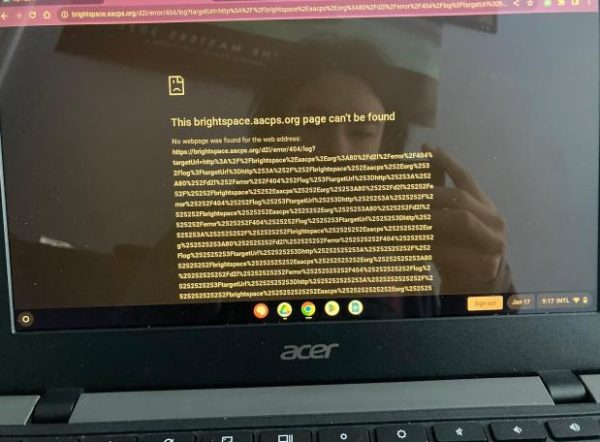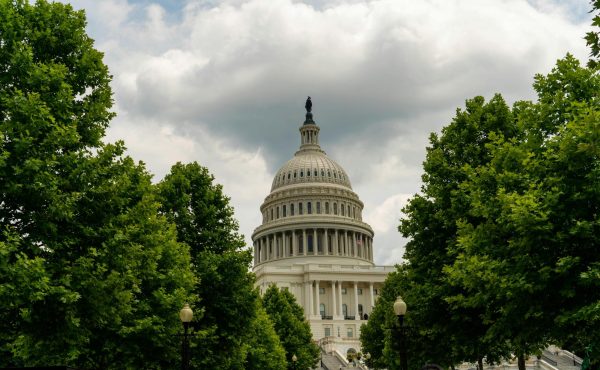How to stay informed about voting
October 30, 2020
As the US nears the end of the election season, there is a realization that many students are probably having: They will be eligible to vote next election. Many teachers and researchers have said that future voters have a new responsibility, which is to begin to become educated, informed, and develop political opinions.
The low turnout of young people voting has been a recurring problem in America. In the 2016 presidential election, only 39% of citizens ages 18-24 voted according to childtrends.org. This means many first-time eligible voters did not take part in the elections. In a New York Times article, Alexandria Symons reported that young people are not voting “because they feel embarrassed that they don’t know what’s on the ballot.”
Some Crofton High School teachers shared tips about the importance of elections and becoming informed voters.
Knowledge: Be Informed.
“I think it is extremely important for students to be knowledgeable about the political climate this year,” said English teacher Mrs. Devin Bridges. “The cliche phrase ‘our children are our future’ needs to be fostered.”
Engage.
Mrs. Bridges and history teacher Mrs. Denise Miles said they believe that a step future voters should take is to engage in conversations with peers, teachers, and family. Reading, watching, and listening to others, they say, are some of the best ways to prepare for future elections.
Representation.
Mrs. Miles also said that “having a representative democracy requires that people participate and elect people who can represent them. So many big issues, not just the president, come out of voting.”
Think Local.
The presidential election is not the only important election. Mrs. Bridges said that “I believe that local elections are where you see the most change from casting your vote, and your voice deserves to be heard.”
As Ms. Symonds reported in the New York Times, “Plant the seed early that voting is normal and worthwhile” and “motivate young voters to overcome the short-term hurdles that might obstruct their participation in any particular election.”










Ms. Denise Miles • Nov 2, 2020 at 2:06 pm
Fantastic article, Ms. Schroeder! This election looks like there might be a historic turnout. I hope young voters will be a part of that turnout. Maybe more mail-in and early voting will help get the youth out to “Rock the Vote!”